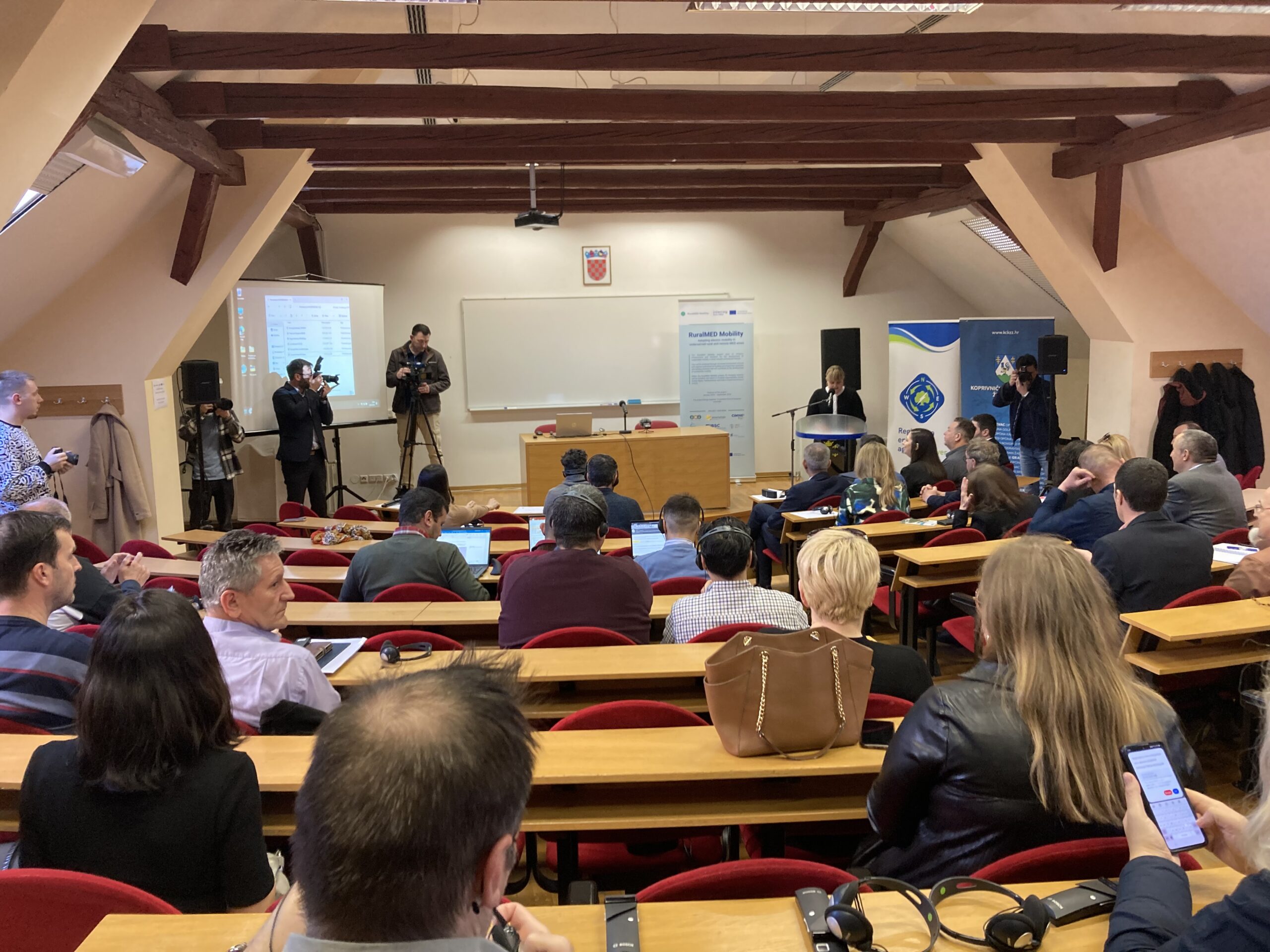
The RuralMED Mobility project aims to create tangible, positive changes in the partners’ areas of intervention through seven pilot investments. These actions focus on improving the charging infrastructure for electric vehicles and offering complementary services like car sharing and on-demand transport in rural areas.
One of these pilots is planned in Slovenia. The project partner BSC Ltd. Kranj (Regional Development Agency of Gorenska), in cooperation with the associated partner Municipality of Bohinj and other regional stakeholders, will implement an electric charging station, with two connectors, in Bohinj.
The Municipality of Bohinj
Bohinj is one of the 18 municipalities in Gorenjska region (the Upper Carniola), in northern Slovenia. It covers an area of 335 km² and had a population of 5,511 people in 2022. Bohinj is a rural municipality, with over 60% of its area within the Triglav National Park. In 2023, 292.893 people visited Bohinj (SURS, 2023).
For years, the municipality, along with its regional partners such as the Institute for Tourism Bohinj and Triglav National Park, has been promoting sustainable mobility. However, the most common way for tourists to visit the region is still by personal car. Since the e-mobility is gradually increasing, the need for improved charging infrastructure for electric vehicles is increasing as well.
Enhancing Charging Infrastructure
Currently, Bohinj has four slow charging stations for electric cars, as well as one electric van (e-van) used for on-demand transport services.
Through the RuralMED Mobility project, Bohinj will install a new charging station that will provide two charging options: 50kW DC and 22kW AC. This new station will complement another 11kW station already located in the public parking lot.
The operation of the new charging station will be monitored and analysed for more than a year through a testing platform developed by the Spanish partner International Centre for Numerical Methods in Engineering (CIMNE).
The EV chargers will be used to charge the e-van quickly and thus improve the service of transport on call. This kind of transport service differs from a normal taxi service by being an option only from the public transportation service to the destination address and vice versa. By monitoring both services at once, the project aims to gather data that may support further planning of investments and improvement of services, including the public transport optimisation and electrification.
An integral approach
When planning investments in electric mobility, an integral approach is crucial. This means considering the impact on the electric distribution grid, using renewable energy sources and, where necessary, implementing energy storage capacities. Although this approach is not a direct objective of the RuralMED Mobility project, it is vital for future planning.
The RuralMED Mobility project enables a significant contribution to the development of electric mobility infrastructure and services in the rural areas. Small municipalities, like Bohinj, often face financial, human and technical challenges when it comes to planning and implementing innovations or simply scaling up existing infrastructure and services.


